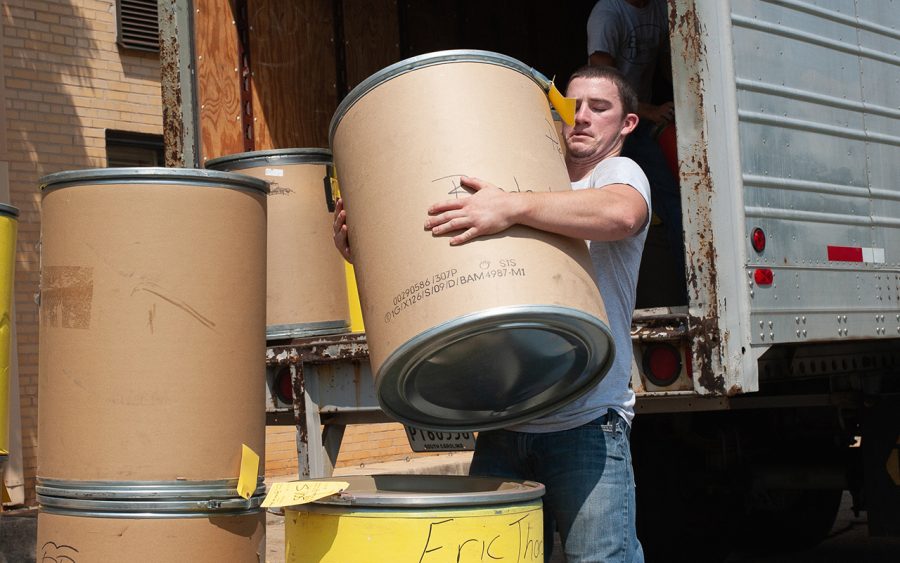For as long as students and many teachers can remember, the University has offered students storage barrels over the summer so students wouldn’t have to face the hassle of shipping their belongings home or trying to find a way to store them nearby. When that service was discontinued this year, because of insufficient storage space, many students wondered what they should do with all their things. However, just because the University isn’t offering barrel storage doesn’t mean it’s offering no storage at all.
For a $20 fee, students will be able to store a mini fridge on Bob Jones University grounds over the summer. Storage tags for the mini fridges will be available for purchase until April 19. Students will also be able to store their clothes with the University Cleaners for the regular cleaning rate for each item with an additional $2 for every four garments. Some of the item prices are shorts and sleeveless blouses for $5, skirts for $5.25, light jackets for $6, pants for $5.25, formal dresses for $15 and shirts for $2.50. Prices for other items can be found on the University Cleaners website.
Some students may opt to use storage facilities in the area instead. In some cases, student discounts are available. A few of the facilities that offer student discounts include Lockbox Storage, Reedy River, A Perfect Storage, Haywood Congaree, Go Store It and Midgard Self Storage. In addition to student discounts, some facilities also offer other deals. Midgard Self Storage offers 25% off the monthly rate of $33 for the first month of storage for a 5×5 storage unit.
Reedy River storage is offering rent, insurance and a lock for $25 as a move-in special. Cube Smart Self Storage offers 50% off the next month’s storage if you refer a friend. Other ways to cut down on storage facility costs are to split a storage unit with one or two other people, especially if you’ll end up with more extra space than stuff.
Elizabeth Hunter, a senior journalism and mass communication major, recommended this idea. “BJU is unique in having offered storage,” Hunter said. “My friends at other out-of-state schools split a storage unit, and it’s pretty reasonable price wise,” she said. The next step for students planning to go the storage unit route is to find a way to move their belongings. For students who might not have access to a car, some storage facilities offer transportation services for an additional fee or rent moving trucks out to customers.
Yani Juve, a senior interior architecture and design major, bought barrels from the University a few years ago and still reuses the containers whenever she puts her things in storage. For any students looking to travel with their belongings, Juve recommends making a list of everything to pack beforehand, only bringing things that are necessary and storing the rest. She advises anyone planning to travel by plane to try packing heavier items like shoes in a carry-on bag to help avoid putting suitcases over the weight limit.
Hunter’s main tip for students struggling with finding enough storage space is to start getting rid of things. “My freshman year I stored three barrels of stuff,” Hunter said. “When I opened my barrels back up in the fall, I’d forgotten about half of that stuff. The next year, I gave away tons of things I didn’t need, and only had to store one barrel.” She also recommends finding space in unusual places such as storing her socks in her shoes.
Jillian Rogers, a sophomore educational studies major, said she rolls her clothes instead of folding them so they take up less space. She also puts them in large plastic bags to protect them from dirt and damage.
























































